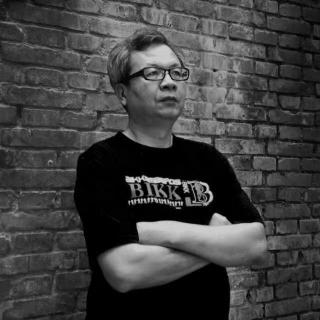
介绍:
2017年7月19日《古大叔小木屋》(50)现场实况 私人录制
晚9:00——10:00
英语文本
Shams[ʃæms] and delusions[diˈluːʒəns] are esteemed for soundest truths, while reality is fabulous [ˈfæbjələs]. If men would steadily observe realities only, and not allow themselves to be deluded[diˈluːdid],//// life, to compare it with such things as we know, would be like a fairy tale and the Arabian Nights' Entertainments. If we respected only what is inevitable and has a right to be, music and poetry would resound[riˈzaund] along[əˈlɔŋ] the streets. When we are unhurried and wise, we perceive that only great and worthy things have any permanent and absolute existence, that petty fears and petty pleasures are but the shadow of the reality. This is always exhilarating[igˈziləreitiŋ] and sublime[səˈblaim]. By closing the eyes and slumbering, and consenting to be deceived by shows, men establish and confirm their daily life of routine[ruːˈtiːn] and habit everywhere, which still is built on purely illusory[iˈluːsəri] foundations. Children, who play life, discern[diˈsəːn] its true law and relations more clearly than men, who fail to live it worthily, but who think that they are wiser by experience, that is, by failure. I have read in a Hindoo[ˈhinˈduː] book[buk], that "there was a king's son, who, being expelled in infancy from his native city, was brought up by a forester[ˈfɔristə] , and, growing up to maturity in that state, imagined himself to belong to the barbarous race with which he lived. One of his father's ministers having discovered him, revealed to him what he was, and the misconception of his character was removed, and he knew himself to be a prince. So soul," continues the Hindoo philosopher, "from the circumstances in which it is placed, mistakes its own character, until the truth is revealed to it by some holy teacher, and then it knows itself to be Brahme[ˈbræmi]."// I perceive that we inhabitants of New England live this mean life /that we do because our vision does not penetrate the surface of things. We think that that is/[倒装] which appears to be. If a man should walk through this town and see only the reality, where, think you, would the "Mill-dam['mɪldæm] " go to? If he should give us an account of the realities he beheld there, we should not recognize the place in his description. Look at a meeting-house, or a court-house, or a jail, or a shop, or a dwelling-house, and say what that thing really is/ before a true gaze, and they would all go to pieces in your account of them./ Men esteem truth remote, in the outskirts of the system, behind the farthest[ˈfɑːðist] star, before Adam and after the last man.// In eternity there is indeed something true and sublime. But all these times and places and occasions/ are now and here. God himself culminates[ˈkʌlmineits] in the present moment, and will never be more divine in the lapse[læps] of all the ages. And we are enabled to apprehend[ˌæpriˈhend] at all what is sublime and noble only by the perpetual[pəˈpetjuəl] instilling[ɪns'tɪlɪŋ] and drenching[ˈdrentʃiŋ] of the reality that surrounds us. The universe constantly and obediently [əˈbiːdjəntli] answers to our conceptions; whether we travel fast or slow, the track[træk] is laid for us. Let us spend our lives in conceiving then. The poet or the artist never yet had so fair and noble a design /but some of his posterity at least could accomplish it.
大家还在听

